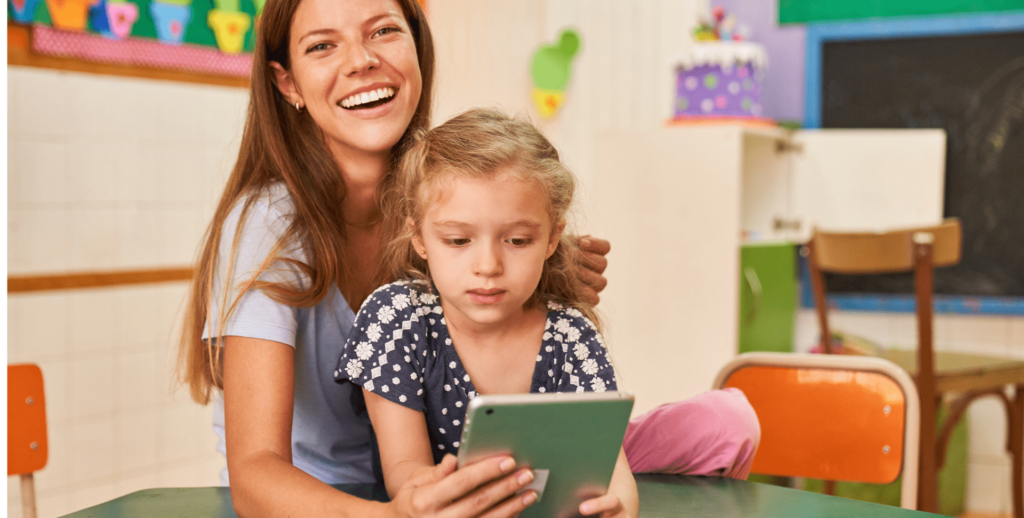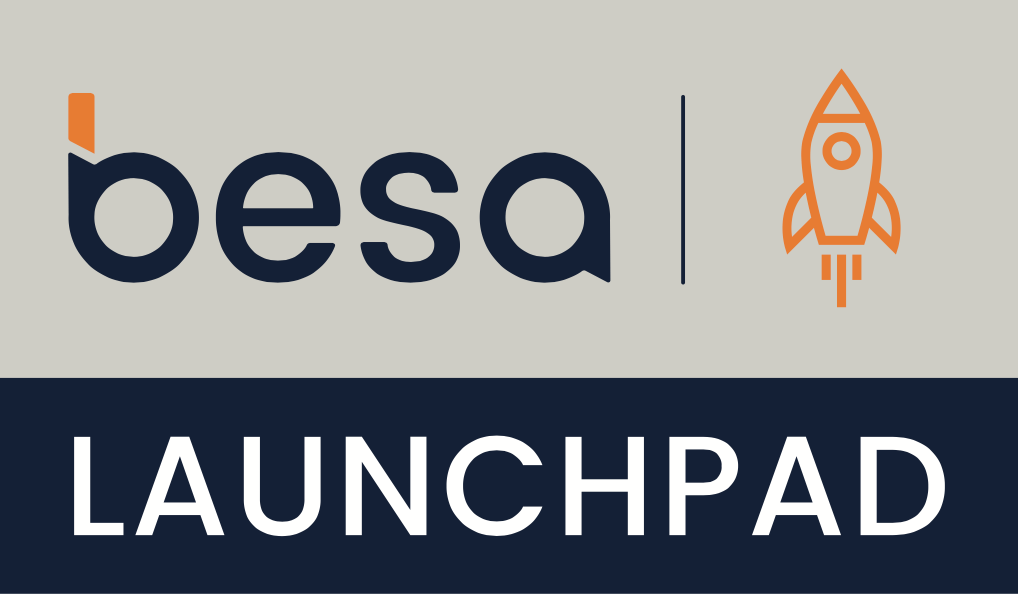Inspire and empower your pupils with Reading Hub's expansive digital library. Available both at school and home, our curated selection not only nurtures a lifelong passion for reading but also broadens their horizons and fosters critical thinking, preparing them for a successful future.










